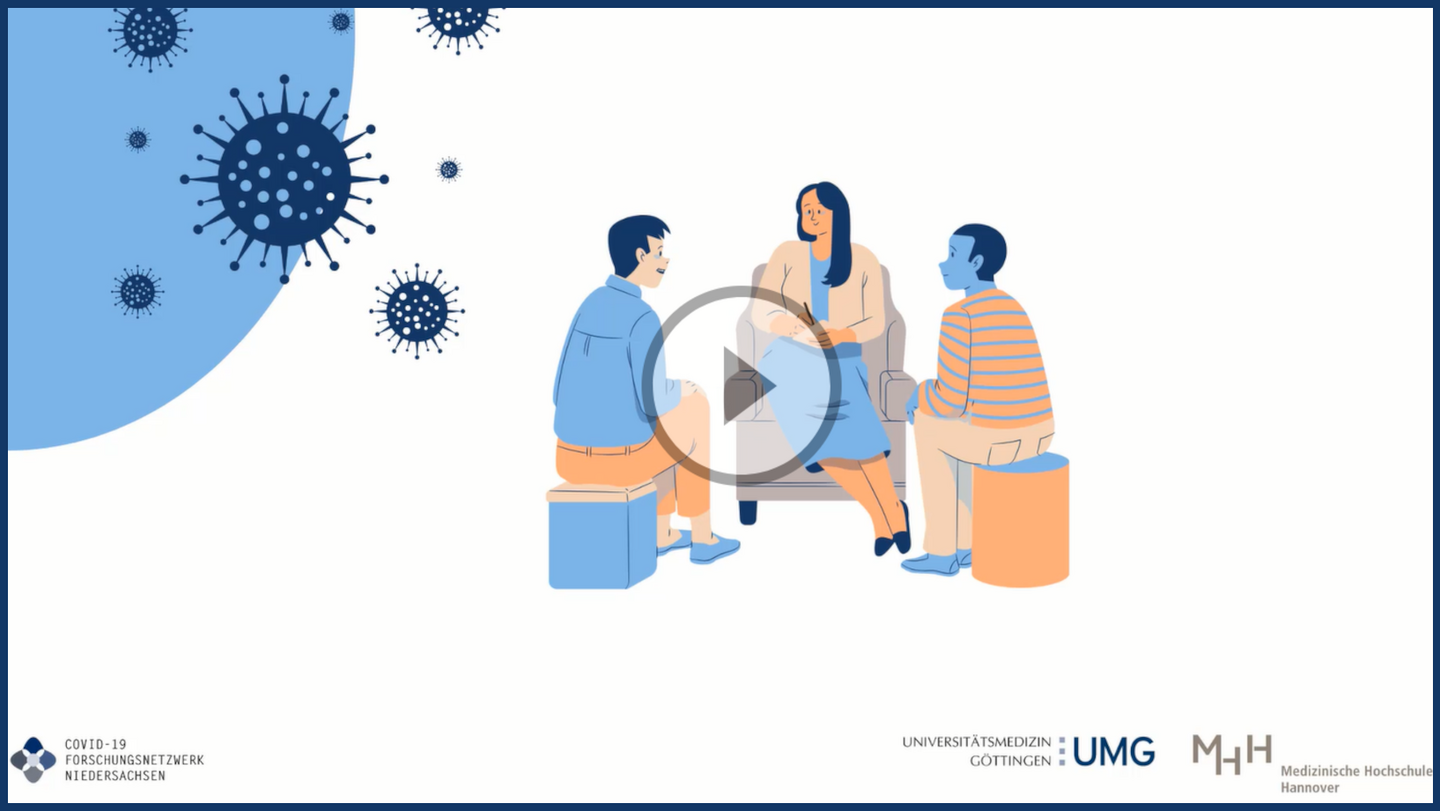End-of-Life care during the pandemic: Experiences of significant others and their psychological burden with a focus on people with migration background
Background
The SARS-CoV-2 pandemic affected the support and care of dying people by their significant others. Little is known about the long-term consequences of losing a significant other under pandemic conditions and the possible impact of such an experience on anxiety, depression, and complicated grief. Restrictions on care provision for the dying, funerals, or private support may have aggravated the grieving process of significant others. People with a migration background were particularly affected by the pandemic in various aspects. It is not clear whether this also applies to end-of-life care and the grief experience.
Objectives
The project aims to investigate end-of-life care during the SARS-CoV-2 pandemic from the perspective of significant others and the impact of such an experience on their grieving process. Special consideration will be given to people with a migration background.
The project is addressing the following key issues:
- How did significant others experience the last days of the patients’ lives during the pandemic?
- How did significant others experience their grieving process during and after the pandemic? What connections do significant others perceive between their experience of patients' final days and their grieving process?
- To what extent do the experiences of significant others differ between people with and without a migration background?
Methodology
This exploratory study employs a qualitative research approach with narrative interviews conducted with 25-30 bereaved significant others with and without a migration background. The interview data will help us gain a broad, in-depth understanding of how the SARS-CoV-2 pandemic affected end-of-life care and the grief experience of bereaved individuals.
Relevance of the anticipated results
By capturing the experiences of bereaved significant others, pandemic-related constraints in palliative care can be identified as well as their impact on the grieving process. Furthermore, the qualitative research approach allows the exploration of suitable support options at the end of life to ensure that pandemic-related challenges can be adequately addressed in the future. Later, project results will be presented in workshops to study participants, stakeholders of migrant organizations, and palliative care providers. Potential areas of action will be identified and discussed in these workshops.
Funding
The project receives funding from the COVID-19 Research Network Lower Saxony (COFONI). The funding period extends from 01.01.2024 to 31.08.2025 (funding code 10LZF23).
Consortium partners
EMBRACE-ME is conducted in cooperation with the Institute of General Medicine and Palliative Care of the Hannover Medical School (MHH).
Contact
Danica Hüttenrauch
Tel.: +49 551 39-60554
danica.huettenrauch@med.uni-goettingen.de
Maria Bonin
Tel.: +49 551 532-8091
bonin.maria@mh-hannover.de
